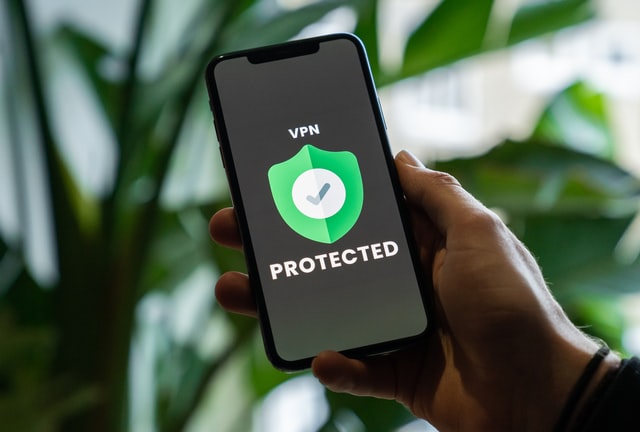Last updated on January 8, 2023
The internet has made our lives easier in many ways. We can work from home, stay in touch with friends and family, and access a wealth of information with just a few clicks. However, this convenience comes at a cost. Our online activities are increasingly being tracked, monitored, and stored. This can pose a serious threat to our privacy.
Fortunately, there are a number of things you can do to improve your privacy online. Here are 10 tips:
- Use a privacy-focused search engine
There are a number of search engines that don’t track your searches or store your personal information. These include DuckDuckGo, StartPage, and Ixquick.
- Use a VPN
A VPN (virtual private network) encrypts your internet traffic and routes it through a server in another location. This makes it much harder for anyone to track your online activities.
- Be careful what you post on social media
Social media platforms are a goldmine of personal information. Be careful about what you post and who you friend or follow. Consider making your account private.
Two-factor authentication is an extra layer of security that requires you to enter a code from your phone or another device in addition to your password. This makes it much harder for someone to hack into your account.
- Encrypt your data
Encryption is a process of transforming readable data into an unreadable format. This makes it much more difficult for anyone to access your personal information.
- Use a password manager
A password manager is a software application that helps you create and store strong passwords. This can be a valuable tool in protecting your online accounts.
- Don’t click on links in emails or text messages
Links in emails and text messages are often used to spread malware or phishing scams. Be cautious about clicking on any links that you receive.
- Be careful what you download
Only download software from trusted sources. Be sure to scan any files that you download for viruses or other malware before opening them.
- Use a secure browser
Your web browser can have a big impact on your privacy. Choose a browser that offers features like private browsing, anti-tracking, and security updates.
- Keep your software up to date
Outdated software can be a security risk. Be sure to keep your operating system, web browser, and other software up to date with the latest security patches.
By following these tips, you can help protect your privacy online.





Be First to Comment